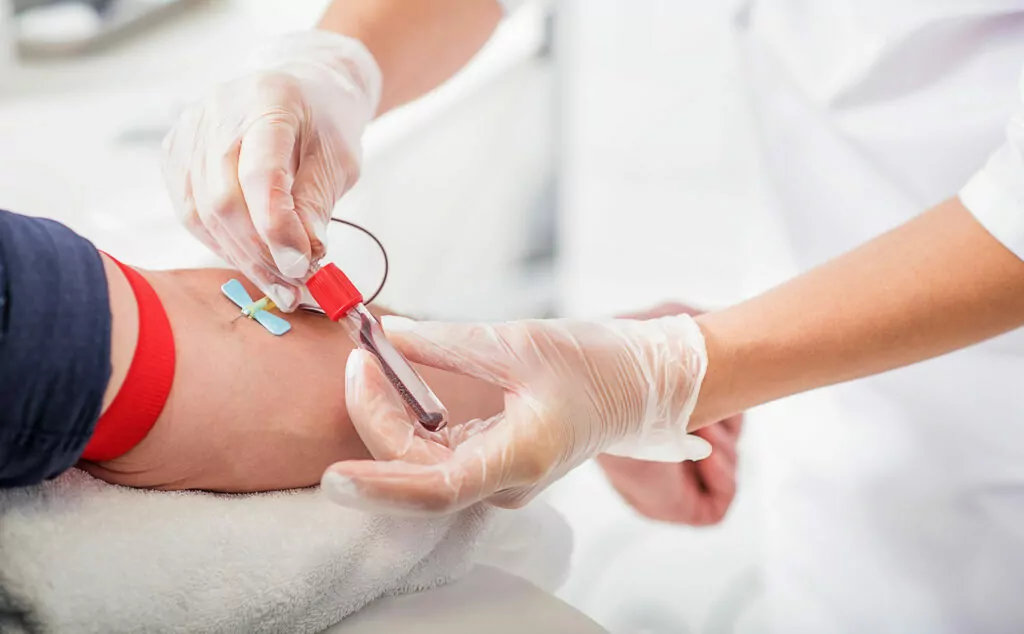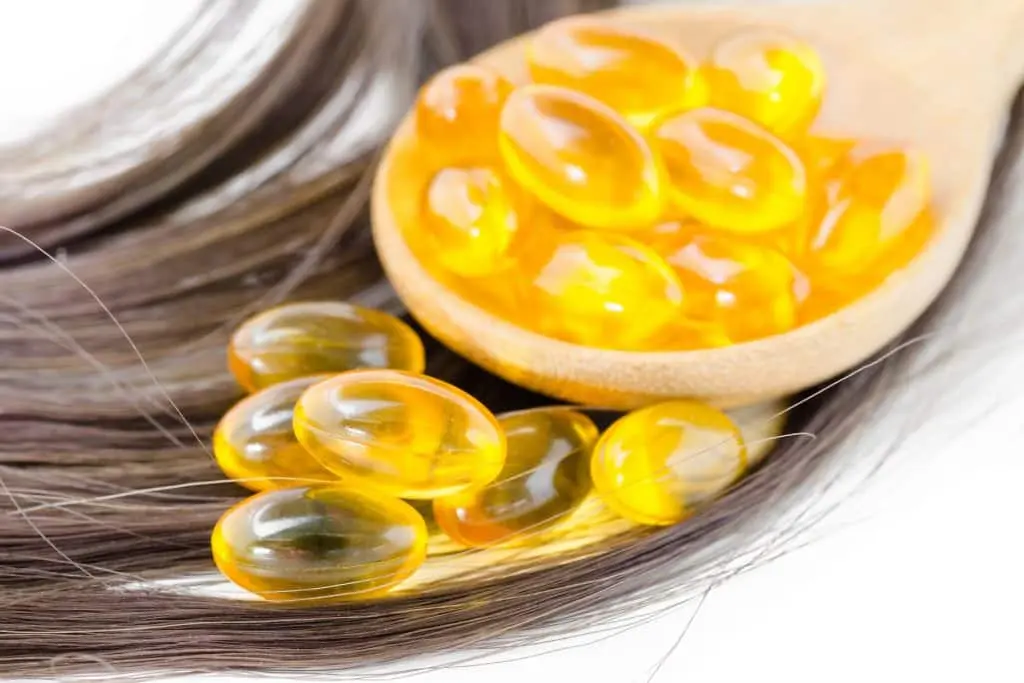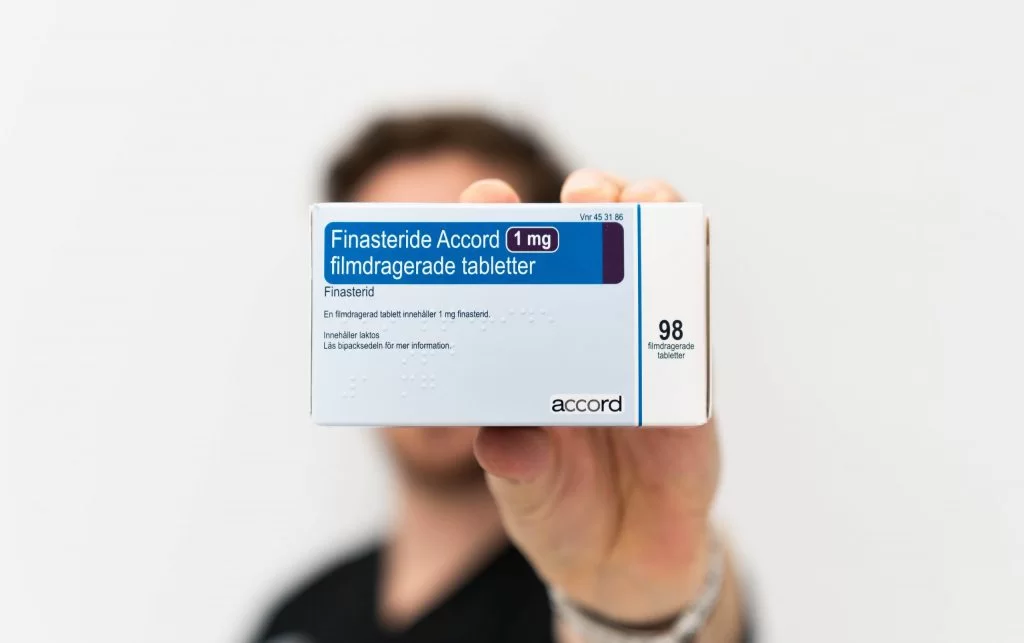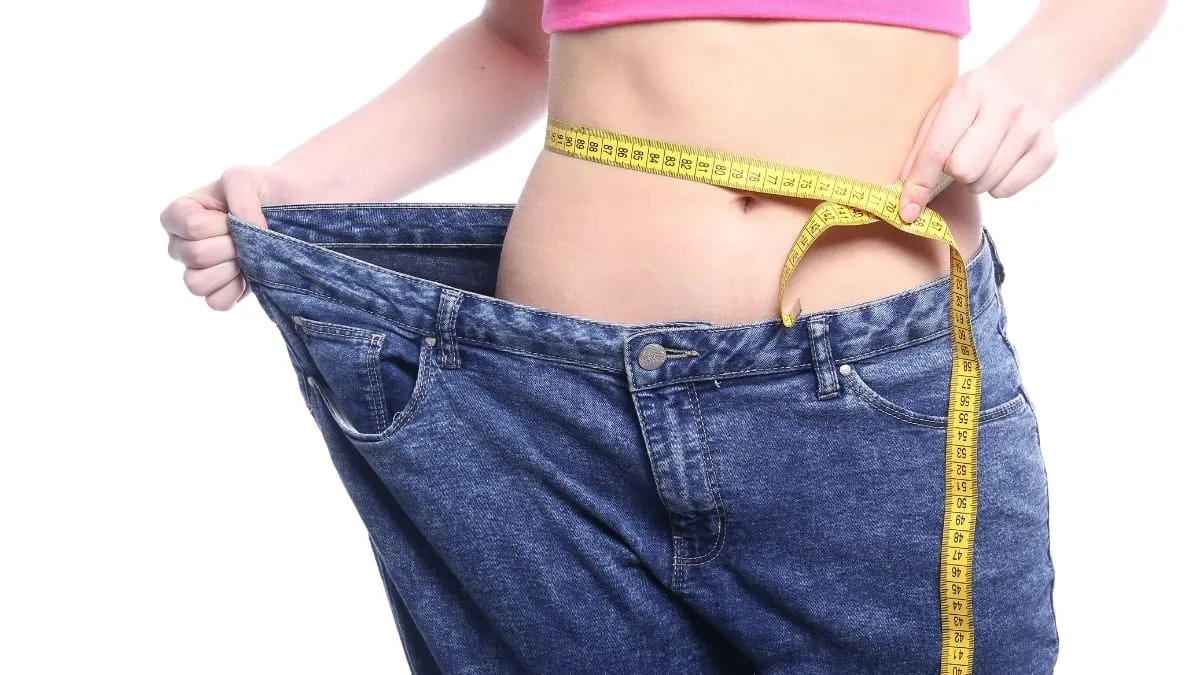Table of Contents
ToggleAt Kopelman Hair, many patients ask the same question: Can multivitamins cause hair loss? The answer is yes, but only when some vitamins are taken in very high amounts.
Multivitamins are made to support overall health and hair health, but too much of certain nutrients can upset the hair growth cycle and lead to shedding.
Dr. Kopelman and his team stress the need for proper testing before blaming a supplement for thinning hair, including hair loss caused by excess intake or a hidden lack of nutrients.
Key Takeaways
- Both vitamin lack and excess can lead to hair loss.
- Blood tests and medical guidance help protect healthy hair growth and track iron levels.
- Kopelman Hair and Dr. Kopelman offer expert checks to find the real cause of hair thinning and give safe treatment plans.
Evidence and Expert Perspective
Research shows that vitamin balance strongly affects hair growth. Studies from the National Institutes of Health link high amounts of vitamin A, selenium, and iron to temporary hair loss.
Harvard Medical School also reports that fixing low iron or vitamin D levels can bring back healthy growth. Dr. Kopelman sees similar results in his clinic.
Many patients improve after careful testing and a plan to correct their nutrient levels, including regular checks of iron levels when iron is suspected as a cause.
The team at Kopelman Hair reviews supplement use, orders lab tests, and creates a plan based on measured results. This blend of science and clinical care provides patients with safe and reliable guidance.
Balanced information is important. While too many vitamins can cause hair loss, correcting a real deficiency with a proper multivitamin can improve density and include hair restoration. Showing both the risks and the benefits helps readers stay informed and avoid fear of supplements.
How Multivitamins Affect Hair
Multivitamins have many vitamins and minerals that the body needs each day. These nutrients play a role in the hair cycle and help follicles stay in the growth phase. Trouble begins when certain vitamins are taken in amounts exceeding the daily limit.
Too much vitamin A, selenium, iron, or vitamin E can cause telogen effluvium – a short-term shedding problem. Hair follicles then shift too soon from growth to rest. Multivitamins are usually safe when used as directed, but high doses can raise the risk of hair loss.
Can Multivitamins Cause Hair Loss?
Multivitamin tablets can cause shedding if they contain high amounts of certain nutrients. Vitamin A is a known cause of hair loss when taken in large doses. Too much selenium or iron can also create problems. Always read labels and check daily limits to avoid accidental overdose.
Do Vitamins Cause Hair Fall?
Single vitamins can also cause hair fall if taken in high doses. Large amounts of vitamin E may affect blood clotting and scalp health. Zinc is needed for hair, but too much can lead to shedding. This is why moderation and medical advice are important when taking single-nutrient supplements.
Recommended Intakes and Upper Limits
Safe intake prevents nutrient overload. Here are daily needs (RDA) and safe upper limits (UL) for key vitamins and minerals linked to hair loss:
- Vitamin A – RDA: 700 mcg for women, 900 mcg for men; UL: 3,000 mcg.
- Iron – RDA: 18 mg for women, 8 mg for men; UL: 45 mg.
- Selenium – RDA: 55 mcg for adults; UL: 400 mcg.
- Zinc – RDA: 8 mg for women, 11 mg for men; UL: 40 mg.
These amounts include food and supplements. Going over the upper limit can increase hair shedding and other side effects.
Vitamin Deficiency and Hair Loss
Too much is harmful, but nutritional deficiencies can also cause hair thinning. Knowing which vitamin deficiency causes hair loss helps find the true reason. A lack of nutrients weakens hair and disrupts normal growth.
Which Vitamin Deficiencies Cause Hair Loss?
Deficiencies linked to hair loss include:
- Iron – Low ferritin lowers oxygen to hair follicles and may lead to iron deficiency anemia, which reduces red blood cell production. Checking iron levels is a key part of testing for hair loss caused by iron problems.
- Vitamin D – Needed for follicle cycling and a strong immune system.
- B Vitamins – Biotin, folate, and B12 keep hair strong.
- Zinc – Key for protein building and follicle health. A zinc deficiency slows regrowth.
Blood tests confirm these problems and guide treatment for healthy hair growth.
Deficiency vs Excess
Both lack and excess can damage hair. Too little iron makes hair brittle, while too much iron causes oxidative stress in the scalp. The same is true for zinc, selenium, and vitamin A. Balanced levels support hair health.
Strength of Scientific Evidence
Not all nutrients have the same research support.
- Strong evidence: Iron and vitamin D deficiency are often tied to telogen effluvium and pattern hair loss.
- Moderate evidence: Vitamin A toxicity and selenium excess are linked to shedding in several reports.
- Limited evidence: Biotin supplementation helps only when there is a true lack and shows little effect in healthy people.
Knowing the strength of each finding helps readers see which factors are well proven.
Hair Growth and Recovery
Multivitamins can help hair grow when they fix a deficiency, but they are not a cure for every type of loss. Results depend on the cause and on overall health.
Can Multivitamins Cause Hair Growth?
If a deficiency is present, a balanced multivitamin can support regrowth. For example, correcting iron deficiency with iron supplements or using a vitamin D supplement can raise levels of vitamin D and improve iron levels, helping hair follicles recover. Growth takes time, and visible changes may take months.
Is Hair Loss from Vitamins Reversible?
Hair loss from excess vitamins is often reversible when intake is reduced. After correcting the imbalance, new growth often starts within three to six months. A doctor can guide safe dose changes and track recovery.
Can Stopping a Multivitamin Cause Hair Loss?
Stopping a multivitamin rarely causes hair loss. Temporary shedding can happen if stopping leads to a sudden deficiency, but this is rare when the diet stays balanced.
Best Vitamins for Hair Growth
Vitamins that support hair include biotin, vitamin D, iron, zinc, and B12. These should be taken only when a test confirms a deficiency. Food remains the best source for most people.
Research Highlights Table
This table shows key nutrients, their role, and related risks
Hair regrowth after fixing deficiencies usually starts within three to six months, but results vary by health and cause.
Safe Supplement Use
To protect hair and overall health, follow safe supplement habits.
Safe Dosage, Testing, and Overdose Signs
- Check product labels for dosage.
- Compare daily intake with safe limits.
- Watch for overdose signs like nausea, fatigue, or sudden shedding.
- Regular blood tests help track nutrient status and iron levels to prevent problems.
Multivitamins vs Individual Supplements
Multivitamins give a broad mix of nutrients but may include higher amounts than needed. Single supplements let you target a deficiency, but can create an imbalance if taken without guidance. A doctor or dietitian can help choose the best option.
Testing and Diagnosis: What to Expect
Vitamins can play a role in hair health, but confirming a deficiency usually requires medical evaluation. When needed, doctors may order tests such as ferritin, vitamin D, zinc, vitamin B12, or thyroid levels to check for underlying issues.
These tests show if there is a lack or excess before changing supplements. Checking iron levels is especially important when iron-related hair loss is suspected.
A scalp check can show signs of inflammation or infection that may look like supplement-related shedding. A diet review can reveal gaps or overlaps in nutrient intake. Accurate testing prevents wrong changes and ensures treatment targets the true cause of hair loss.

Next Steps for Healthy Hair
If you think vitamins are affecting your hair, get a professional check.
When to See a Doctor and Get Tests
Seek medical help if hair shedding is ongoing or severe. Dr. Kopelman advises testing for iron, vitamin D, B vitamins, and other key nutrients before starting or stopping supplements.
Adjusting Diet and Supplements
A balanced diet with fruits, vegetables, lean proteins, and whole grains provides most nutrients needed for healthy hair growth. If supplements are needed, use them under medical supervision and follow the dose carefully.
Patient Example
One Kopelman Hair patient had heavy shedding after taking high-dose vitamin A for months. Blood tests showed vitamin A above the safe limit. After stopping the supplement and following a doctor’s plan, new growth appeared within four months.
If you are concerned about hair loss or want expert guidance on vitamins and supplements, schedule a consultation with Kopelman Hair.
Dr. Kopelman can review your tests, check your iron levels, and create a safe plan to protect healthy hair growth. Contact our clinic today to book your appointment and get personalized care.
























